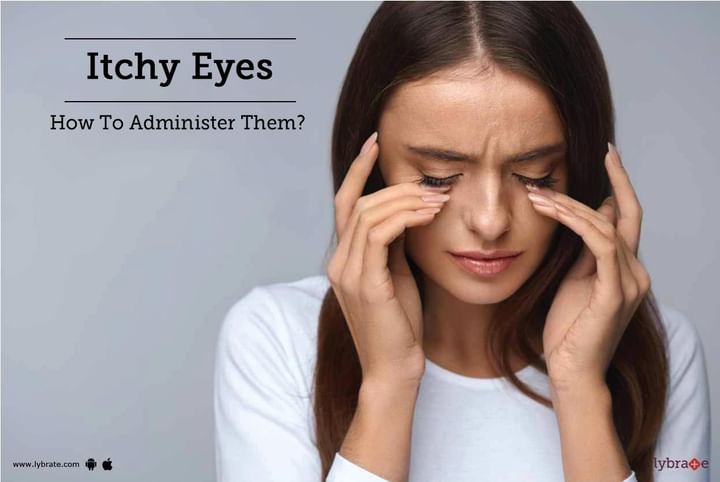Itchy Eyes - How To Administer Them?
Redness, itchiness and watery eyes are common symptoms of eye allergies. Pollen, mold, dust and pet dander are common allergens that trigger such allergies. Other triggers include adverse reactions to cosmetics and eye medication such as eye drops. Being allergic to certain food items rarely causes eye conditions such as itchiness or excessive tearing. When the surface of the eye is exposed to allergens, it releases histamines. This causes itchiness and makes the eye red and watery.
However, sometimes these can also be symptoms of a larger problem. Itchiness in the eyes and excessive tearing can also be a symptom of conjunctivitis or caused by eye disorders like dry eyes and blepharitis. Ironically,dry eyes is the most notorious factor amongst the above. Watery eyes could also be caused by clogged tear ducts or eyelids that turn inwards or outwards.
If your eye feels itchy or is persistently watery, you must consult an eye doctor. To correctly diagnose the condition and recognize the symptoms triggering it, he will conduct a thorough eye exam and discuss your medical history and lifestyle. If the condition is triggered by an allergy you might also require blood tests for allergies. This will decide your course of treatment. A few tips that could help are:
Avoid allergens
The best way to keep your eyes healthy is to limit their exposure to factors that could irritate it. Avoid going outdoors during the pollen season especially if it is windy. Wearing wraparound sunglasses can also help create a barrier between your eyes and the allergens. Within the house, ensure that your air filters in the air conditioner are cleaned regularly.
Avoid contacts
Switch to spectacles or consider lasik surgery, if you wear contacts regularly and often suffer from eye allergies. Alternatively, you could switch to daily disposable lenses to avoid the buildup of airborne allergens on the surface of the lenses.
Eye drops
Non prescriptions eye drops that help lubricate the eyes are easily available over the counter and can help relieve itchiness. This can also keep your eyes from drying out and thus prevent watery eyes.
Antihistamines
The histamines released by the body on contact with an allergen dilute blood vessels and make then abnormally permeable. Antihistamines reduce these reactions by not allowing the histamines to attach themselves to cells in the body. Antihistamines can take a while to react and can make you feel drowsy. Hence it is advisable not to take them when operating heavy machinery or driving.



+1.svg)
